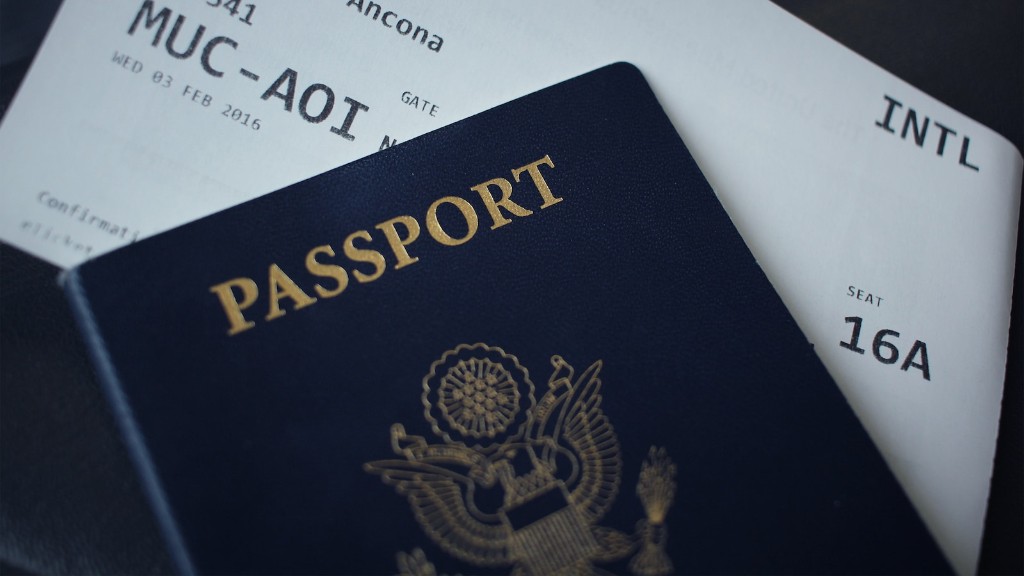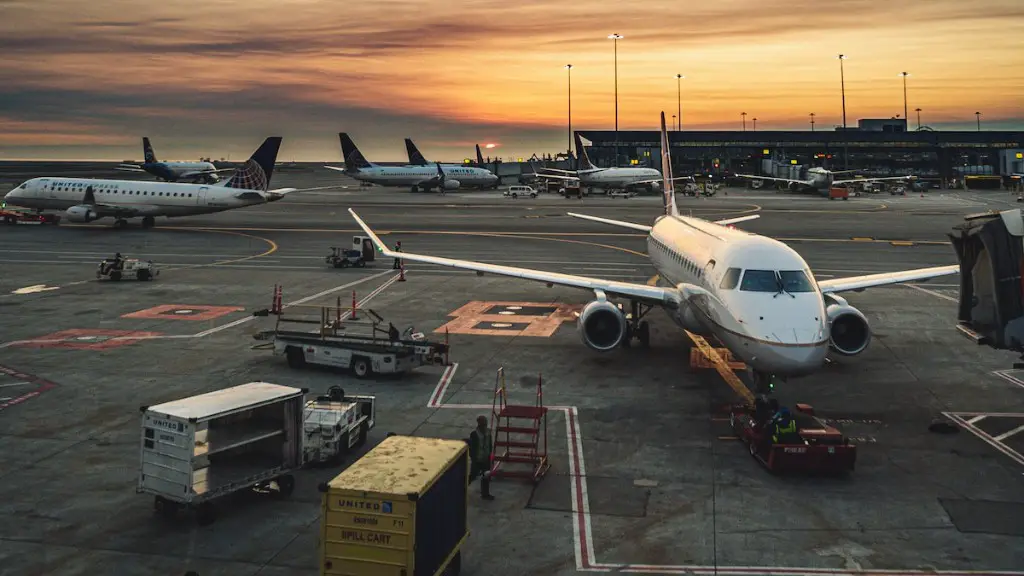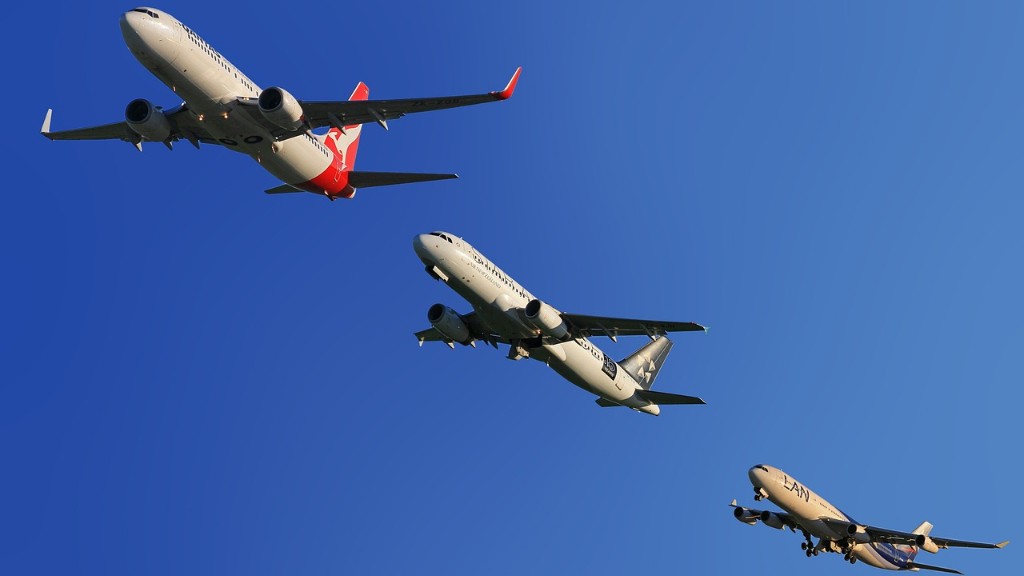No one likes to think about what could go wrong on their vacation, but travel insurance can give you peace of mind in case of cancellations, delays, or lost luggage. Many policies will also cover expenses related to medical emergencies. But what about when something goes wrong that isn’t covered by your insurance? One common question is whether travel insurance covers refunds.
The answer to this question depends on the reason for the refund. If you need to cancel your trip for a covered reason, such as illness or jury duty, then you should be able to get a refund from your travel insurance policy. But if you cancel for a non-covered reason, such as a change of plans, then you will not be refunded.
Some policies will cover partial refunds in case you need to cut your trip short for a covered reason. For example, if you get sick halfway through your trip and have to fly home, your policy may refund you for the unused portion of your hotel stay. It’s important to read the fine print of your policy to know what is and is not covered.
In general, travel insurance is a valuable way to protect your investment in a vacation. But it’s important to know what your policy covers and doesn’t cover, so
Most travel insurance policies will cover refunds if you have to cancel your trip for a covered reason. However, you may have to pay a cancellation fee, and the insurance company may only reimburse you for a portion of your trip expenses.
What is not covered by travel insurance?
If you’re planning to travel, it’s important to know what your travel insurance policy covers. According to Allianz Global Assistance, a travel insurance provider, “Trip cancellations and trip interruptions due to known, foreseeable, or expected events, epidemics, or fear of travel are generally not covered.” This means that if you cancel your trip due to a hurricane that is forecasted to hit your destination, or if you interrupt your trip because you’re afraid of contracting the Zika virus, you’re likely not going to be reimbursed by your travel insurance. So before you purchase a policy, make sure to read the fine print and understand what is and is not covered.
If your trip involves any nonrefundable reservations, you should consider getting a comprehensive travel insurance plan to protect your investment. This type of insurance can cover prepaid excursions in addition to airplane tickets and hotel stays. If your trip doesn’t involve any nonrefundable reservations, you may not need travel insurance.
What gets covered in travel insurance
Travel insurance is a type of insurance that covers different risks while travelling. It covers medical expenses, lost luggage, flight cancellations, and other losses that a traveller can incur while travelling. It is important to have travel insurance when travelling to protect yourself from financial loss in case of an emergency.
A comprehensive travel insurance policy is a great way to protect yourself when you’re traveling. It usually covers delays, cancellations due to sickness or death, lost luggage, and some emergency medical costs. This can give you peace of mind knowing that you’re covered in case something goes wrong.
Can I cancel my flight and get a refund?
If you need to cancel your airline ticket reservation or purchase within 24 hours of booking, you can do so without any penalty. You will simply need to contact the airline directly to cancel your reservation and receive a full refund.
When a ticket is labeled as “nonrefundable,” it means that if you cancel your flight, you will not be able to get your money back. Instead, the airline will give you a voucher for future travel. Depending on the ticket type, this voucher may have some restrictions. For example, it may not be valid for travel on certain days or to certain destinations.
What is considered a covered reason for trip cancellation?
Trip Cancellation insurance is designed to reimburse you for pre-paid, non-refundable expenses if you have to cancel your trip for a covered reason. The most common covered reason is unforeseen illness, injury, or death of the traveler, a traveling companion, or a non-traveling family member. Other common covered reasons include terrorism, inclement weather, or a natural disaster, among others.
If your flight is delayed, you may be covered for a certain amount of money per hour that you are delayed. Check your policy to see how much you are covered for.
Does travel insurance cover you straight away
If you’re buying a travel insurance policy, the start date of the policy needs to be the date of your actual trip. However, the cover usually starts right away. This also usually applies to specialist types of travel insurance like cruise cover and winter sports cover for activities like skiing and snowboarding. With these kinds of policies, cover usually starts the moment you buy them.
Medical insurance is the most important type of travel insurance. It covers the cost of medical care if you become sick or injured while traveling. Cancellation/interruption insurance covers the cost of your trip if you have to cancel it for any reason. Luggage insurance covers the cost of your luggage if it is lost, stolen, or damaged.
Does travel insurance cover 100%?
If you have to cancel your trip due to coronavirus, most policies will reimburse you 50% to 75% of your trip cost. This can come in handy if you’re not comfortable traveling due to the current pandemic.
You can get your money back for all parts of the ticket you haven’t used. For instance, if you have booked a return flight and the outbound leg is cancelled, you can get the full cost of the return ticket back from your airline.
How long do you have to cancel a flight for a full refund
The Department of Transportation’s 24-hour refund regulation is a great policy for consumers who need to cancel a flight within a one-day window. This regulation states that all airlines must issue a full refund if the reservation is canceled within 24 hours of the original purchase. This is a great benefit for consumers who may need to change their travel plans for any reason.
If your flight has been impacted by the ongoing COVID-19 response, you may be eligible for a refund. To request a refund, please contact the airline directly.
Can you cancel flights without losing money?
If you are cancelling your flight, you will usually only be entitled to a full refund if you have bought a fully refundable ticket. Otherwise, most fares will not be refundable, especially when flying with low-cost airlines.
Under US law, airlines and ticket agents are required to refund consumers if the airline cancels or significantly changes a flight to, from, or within the United States, and the passenger does not wish to accept the alternative offered.
Is it better to cancel flight or not show up
If you know you can’t make a scheduled flight, it’s better to cancel your flight rather than be a no-show. If you cancel, you might receive a partial or whole credit for the fare purchased, to be applied to a future flight.
If you need to return home earlier or later than planned, trip interruption insurance may cover extra costs and reimburse you for non-refundable and/or non-transferable portions of unused, prepaid travel arrangements.
Final Words
Generally, travel insurance does cover refunds. However, it is important to check with your specific insurer to be sure, as somehave different policies. It is also important to read the fine print of your policy, as some conditions or exclusions may apply.
There is no simple answer to this question as travel insurance policies vary widely. Some policies may cover refunds in certain situations while others may not cover them at all. It is important to read the fine print of your policy carefully to determine what, if any, refunds are covered.





